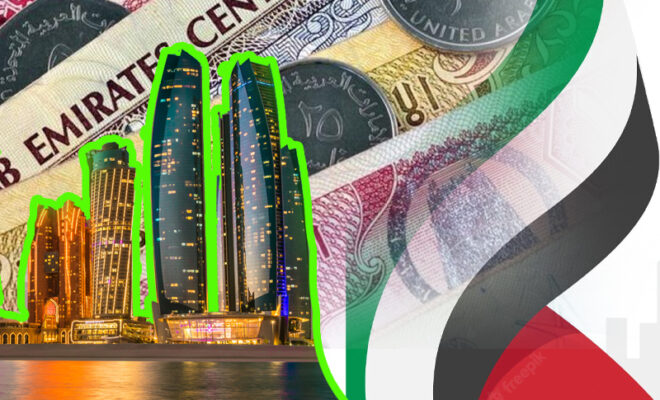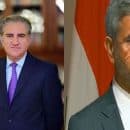UAE Central Bank Starts New Initiatives To Combat Money Laundering

UAE Central Bank has issued new anti-money laundering guidelines including some reporting rules for real estate transactions to tackle money laundering.
New guidelines were released by the Central Bank of the UAE to assist licensed financial institutions (LFIs) in preventing the financing of terrorism and money laundering.
To combat money laundering and the financing of terrorism, the UAE has implemented additional reporting rules for “some real estate transactions” carried out within the nation.
According to the most recent instruction, all real estate brokers, attorneys, and agents must provide reports to the Financial Intelligence Unit on all freehold property sales and purchases that involve three different forms of payment, whether they account for all or a portion of the property’s worth.
These include payments made in cash in one or more instances totaling Dh55,000 ($14,976) or more, payments made using virtual assets, and payments made with money obtained from virtual assets, according to state-run news agency Wam on Monday.
The banking regulator stated in a statement on Monday that LFIs, including lenders, are required to create internal policies, controls, and protocols to manage risks related to money laundering and the funding of terrorism.
LFIs must demonstrate compliance with the agency’s criteria within one month, according to the regulator.
The advice will help LFIs recognize risks and effectively carry out their legal obligations to combat money laundering and the funding of terrorism (AML/CFT), according to the Central Bank.
According to the Central Bank, financial institutions are in charge of performing due diligence on their clients, keeping an eye on any transactions processed or carried out through LFIs, and alerting the UAE’s Financial Intelligence Unit to any suspect activity.
Keep Reading
Additionally, they ought to have systems in place for sanctions compliance that filter transactions and send pertinent data all the way through the payment cycle.
According to a report released this month by research firm Markets and Markets, global money laundering activity is expected to more than double to $5.8 billion by 2027 from an expected $2.8 billion in that year.
The UAE has launched a number of initiatives to combat and stop money laundering in the nation.
In the recent months, the Central Bank has punished banks and financial organizations for failing to follow AML regulations.
An exchange house functioning in the nation was fined last week by the authorities for not meeting the required standards of AML compliance.
In compliance with the law on AML/CFT and the funding of criminal organizations, it assessed the exchange house a fine of Dh5.2 million ($1.4m).
In the first half of 2022, the UAE’s anti-money laundering task force fined more than Dh41 million in an effort to stop illegal financial activity.
According to Hamid Al Zaabi, director general of the executive office of AML/CFT, the Emirates’ higher committee in charge of the national policy on AML/CFT has increased its efforts to support cases and requests involving international cooperation and mutual legal assistance.
In order to share information and fight worldwide money laundering and terrorism financing, the Financial Intelligence Unit of the UAE and the China Anti-Money Laundering Monitoring and Analysis Centre teamed up in August of last year.
The Ministry of Economy also asked auditors, gold dealers, real estate brokers, and business service providers to apply with the appropriate AML system earlier this year to prevent license revocation.



